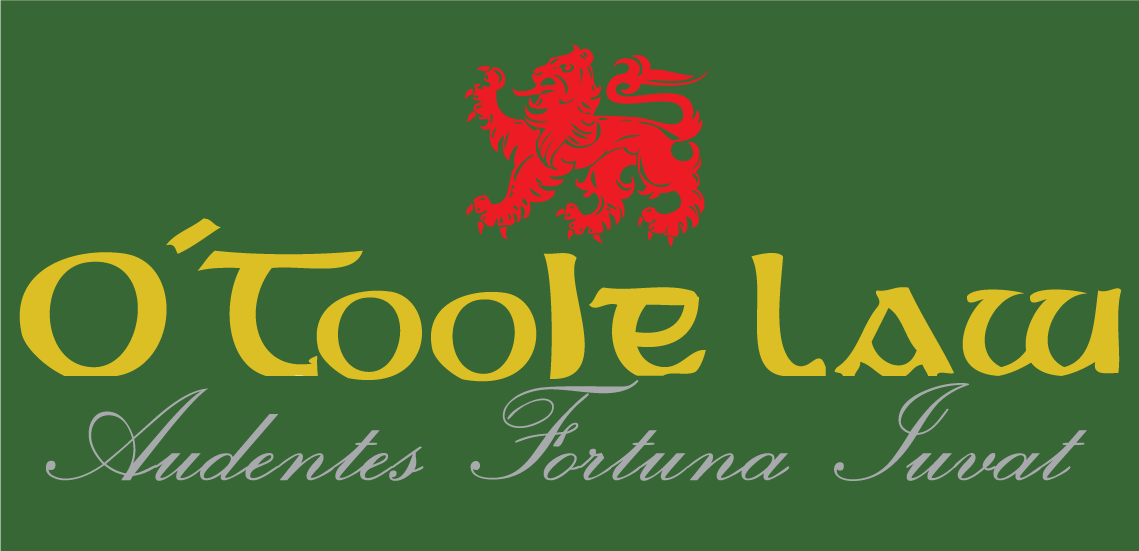German products are known for their quality. Luxury cars, such as BMW and Mercedes radiate quality. Germany is also well known for its beers. And like their cars, they often carry a premium price.
One way of ensuring that quality is by law. Germany has had the Reinheitsgebot, which dates to 1487, guarantees the purity of their beer. Apparently, the Reinheitsgebot was actually created to ensure the availability of other ingredients for making bread, but over the centuries, it has become synonymous with high quality German beer.
The worldwide sale of beer is now a multi-billion dollar industry and dominated by very large conglomerates, such as AB InBev, the company that owns such global brands as Beck’s, Kirin, Corona and Budweiser. (The AB in the company’s name stands for Anheuser-Busch).
Branding and marketing of these products is very important, as the beer market place is becoming ever more crowded. So it was not surprising that a customer who purchased a Beck’s was upset when he realized that his Beck’s German beer was “imported from Missouri.”
He sued in a class action, and won. Beck’s purchasers who kept their receipts can obtain 10 cents per bottle, up to $50, while others with receipts can obtain $12. More important, AB InBev will have to properly label the Beck’s brand to indicate where the beer was brewed. This is another example of how class action litigation works to regulate areas where government regulation and enforcement is lacking or inadequate.
Misrepresentation like this becomes easier when large corporations own many labels and brands and can divorce the brand from its country of origin. They do this in order to save shipping costs, and in some cases, lower the cost of production by using cheaper domestic substitutes in those domestically produced products.
Source: consumerist.com, “Class Action Settlement Means AB InBev Must Refund Customers For Faux-Import Beck’s,” Laura Northrup, June 25, 2015
